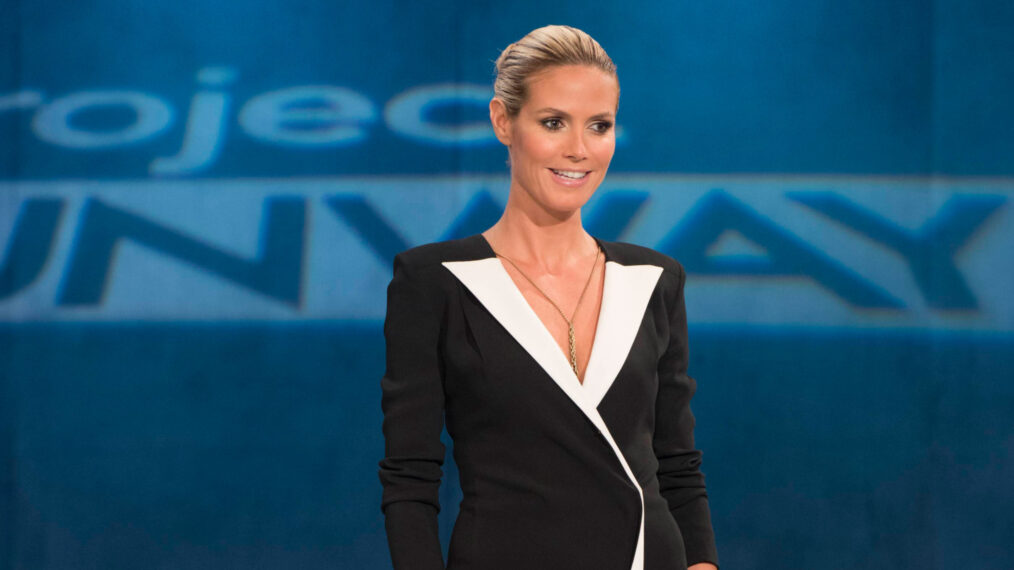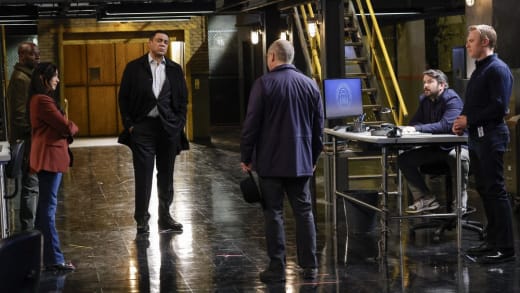A long-awaited federal ruling on congestion pricing did little to end the drama, as the controversial toll prepares to launch Jan. 5.
As NJBIZ has reported, the Garden State is embroiled in a legal battle to thwart the plan. Under the scheme, most motorists will pay $9 to enter the area south of 60th Street in Manhattan. The New Jersey case was seen as the last hurdle before tolling starts Sunday. It followed two recent New York federal judges ruling against parties opposing congestion pricing.
On Dec. 30, U.S. Court of International Trade for the District of New Jersey Judge Leo Gordon issued a 72-page ruling. The decision has led to two different interpretations from either side of the Hudson River.
Gordon did not issue an injunction to pause the launch. However, he did call on the Federal Highway Administration (FHWA) to provide more detail regarding environmental and mitigation aspects.
“Ultimately, the court concludes the Final EA (Environmental Assessment) and FONSI (Finding of No Significant Impact) fail to provide a rational connection between the general mitigation commitments outlined and the specific resolution of any and all significant impacts that may result from the Program, whether those impacts are in New York or New Jersey,” the ruling stated.
“Accordingly, the court will remand this issue for further explanation, and if appropriate, reconsideration of the rationale providing for differing levels of mitigation commitments for the Bronx as compared to potentially significantly affected areas in New Jersey and the ultimate mitigation determination.”
Green light
The New York side of the Hudson viewed the ruling as a win, and a green light to proceed.
“Despite the best efforts of the State of New Jersey trying to thwart New York’s ability to reduce congestion on our streets while making long-overdue investments in public transit, our position has prevailed in court on nearly every issue,” said Gov. Kathy Hochul. “This is a massive win for commuters in both New York and New Jersey.”
“We’re gratified that on virtually every issue, Judge Gordon agreed with the New York federal court and rejected New Jersey’s claim that the Environmental Assessment approved 18 months ago was deficient,” said Metropolitan Transportation Authority (MTA) Chair and CEO Janno Lieber.
“Most important, the decision does not interfere with the program’s scheduled implementation this coming Sunday, Jan. 5. On the two remaining issues where the Judge requested that the Federal Highway Administration (FHWA) provide additional data – information that was not yet before the Court in this proceeding – we’re confident that the subsequent Federal actions, including the approval of the revised, reduced toll rates, did put those issues to rest.”
However, the Jersey side did not share that view.
“We welcome the court’s ruling today in the congestion pricing lawsuit. Because of New Jersey’s litigation, the judge has ordered a remand, and the MTA therefore cannot proceed with implementing the current congestion pricing proposal on Jan. 5, 2025,” said Randy Mastro, the attorney representing New Jersey in the case.
“The judge determined that the Federal Highway Administration acted arbitrarily and capriciously in approving the MTA’s plan, that the FHWA’s decision provided no rational explanation of mitigation commitments, that New York changed its tolling scheme significantly after it gained federal approval, and that more consideration is needed before the current congestion pricing proposal may take effect.”
Red light
Mastro said that the Garden State remains firmly opposed to any attempt “to force through a congestion pricing proposal in the final weeks of the Biden administration.”
“There could not be a worse time to impose a new $9 toll, escalating over time to $15, on individuals who are traveling into downtown Manhattan for work, school, or leisure,” Mastro concluded his statement.
In a motion filed on New Year’s Eve, Mastro, a partner at King & Spalding LLP, requested a temporary restraining order and preliminary injunction to pause the Jan. 5 congestion pricing launch.
“In addition to its request for clarification/reconsideration, New Jersey now seeks a TRO and preliminary injunction, pending both the resolution of its clarification/reconsideration request and pending the further proceedings ordered by the Court in this matter. New Jersey’s application readily satisfies the criteria for emergency injunctive relief,” the motion stated.
“To begin with, New Jersey far surpasses a reasonable probability of success on its NEPA claim. Indeed, it has already succeeded on the merits of that claim. The Court held that the FHWA’s failure to provide a ‘rational’ explanation of ‘mitigation commitments’ and the ‘disparate treatment’ between New York and New Jersey is ‘arbitrary and capricious.’
“Furthermore, New Jersey is likely to succeed on additional arguments on which the Court reserved judgment, including the FHWA’s alternatives analysis, the failure to evaluate the tolling scheme that was actually adopted, and New Jersey’s clarification/reconsideration application,” the motion continued. “The irreparable harm that New Jersey will suffer once the MTA flips the switch on congestion pricing is manifest.”
Gordon scheduled a Friday afternoon hearing in Newark on the motion — hours before congestion pricing is set to launch.
More to come
U.S. Rep. Josh Gottheimer, D-5th District, a 2025 gubernatorial candidate and a staunch congestion pricing opponent, said in a statement this was not the outcome New York hoped for – “no matter how they spin it.”
“After speaking with New Jersey’s legal team, the Judge’s decision to send the case back to the states is an acknowledgment of what many of us have been saying for years: New York has completely failed to address and mitigate the cancer-causing pollution and traffic the Congestion Tax will wreak on Jersey families,” said Gottheimer.
“New York and the MTA can try and flip the bird to a federal judge, but they won’t be able to get out of one truth: they can’t move forward without addressing the serious health and environmental impacts.”
Gordon’s ruling said, “that this matter is remanded to the FHWA until January 17, 2025, for the FHWA to take actions in conformity with this Opinion.”
A spokesperson for the United States Department of Transportation told NJBIZ the agency is reviewing the judge’s opinion. The DOT oversees the FHWA.
The other variable in this is the incoming administration.
President-elect Donald Trump has voiced strong opposition to congestion pricing, but has not yet weighed in on the latest rulings. Neither has he signaled what action his administration would take when he assumes the presidency.
Trump will again take office Jan. 20, 2025 — just weeks after congestion pricing would commence.

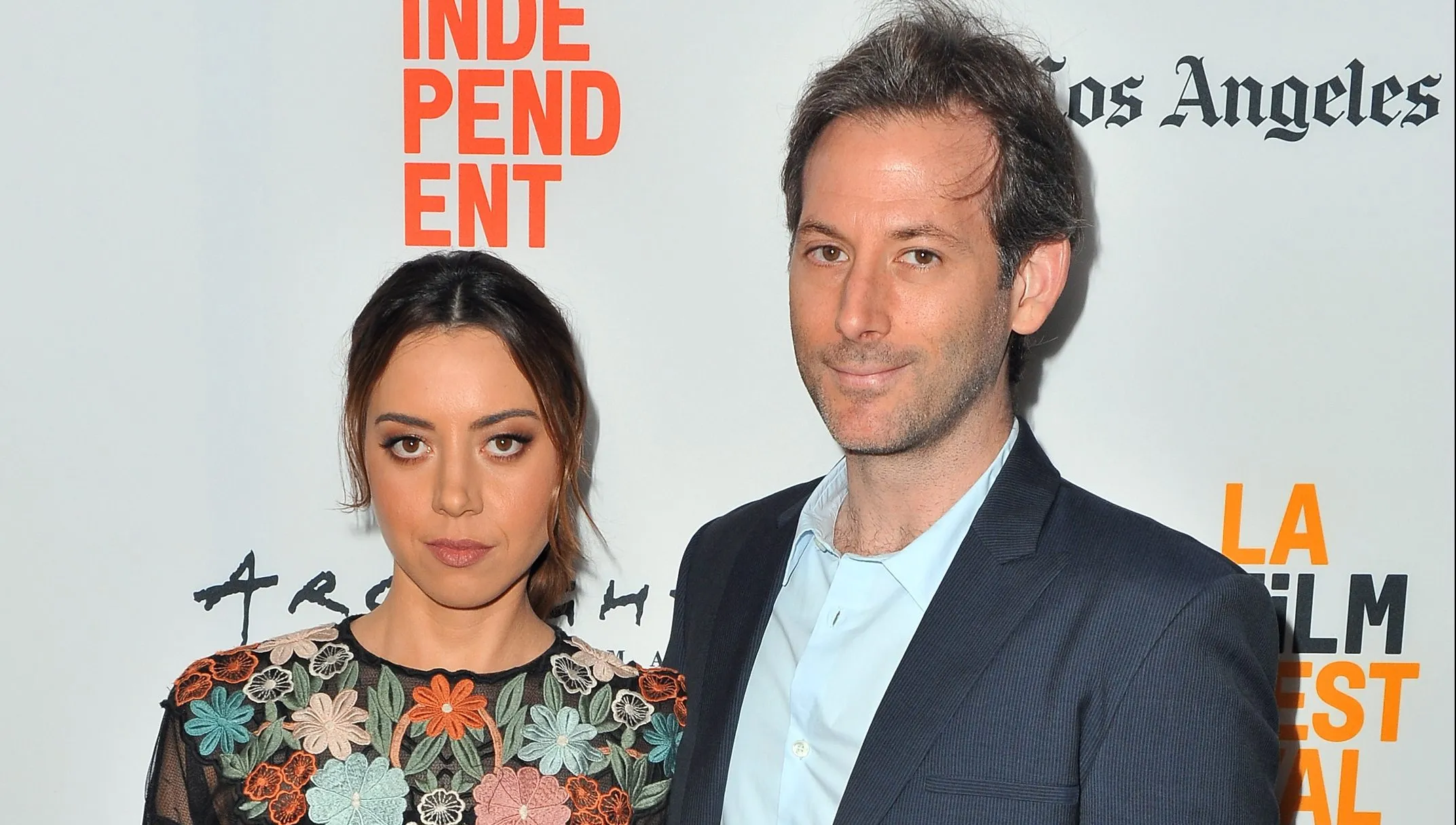



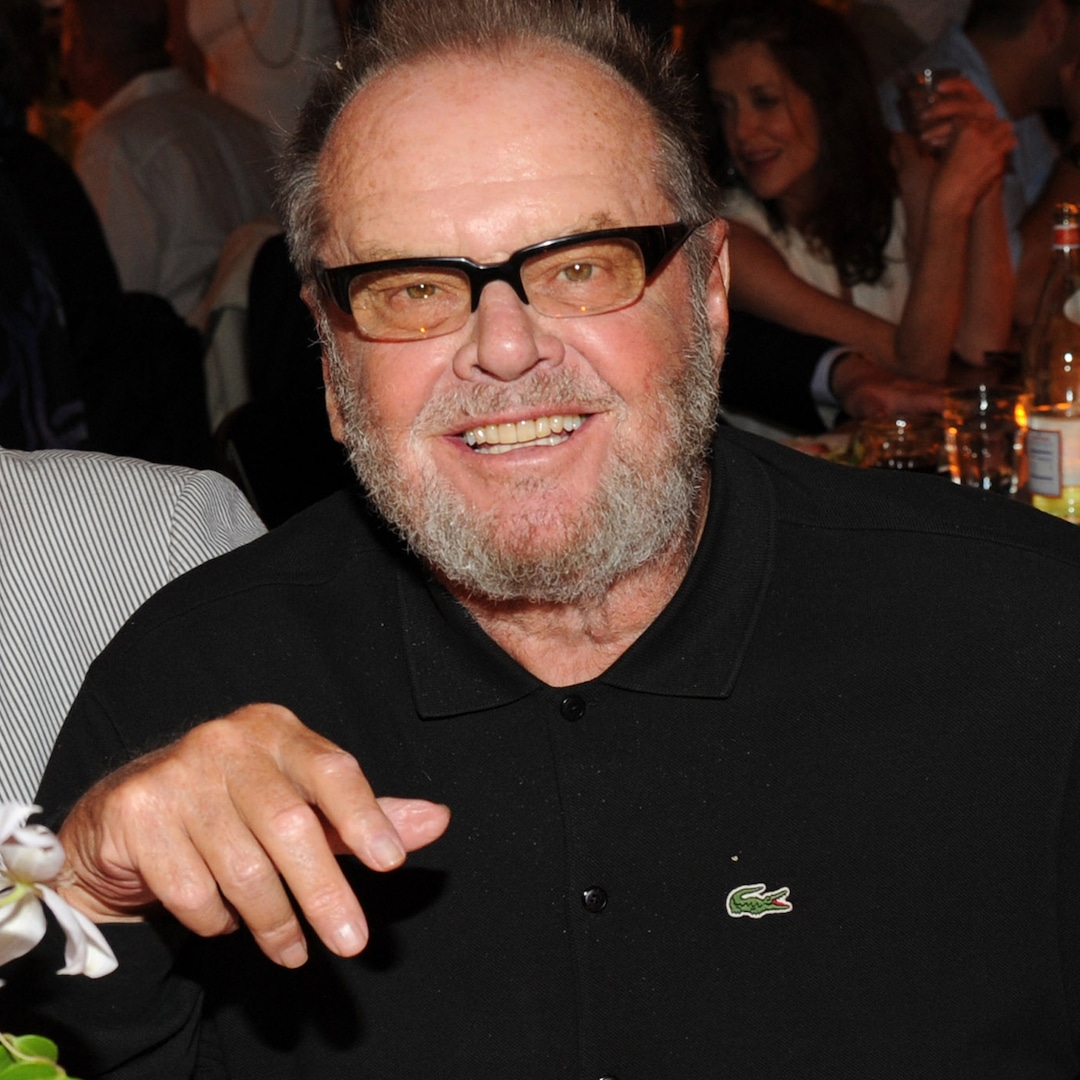














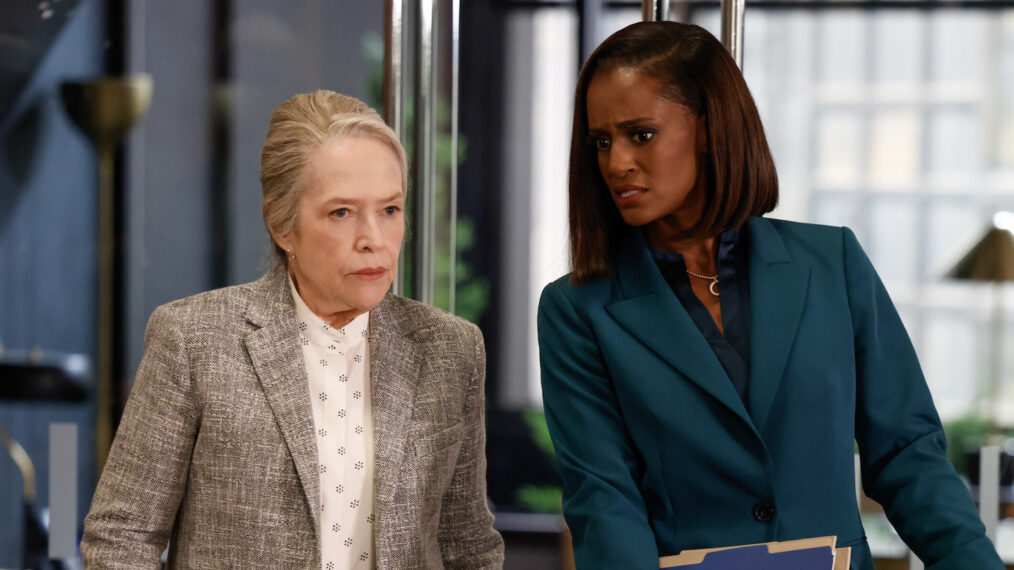
























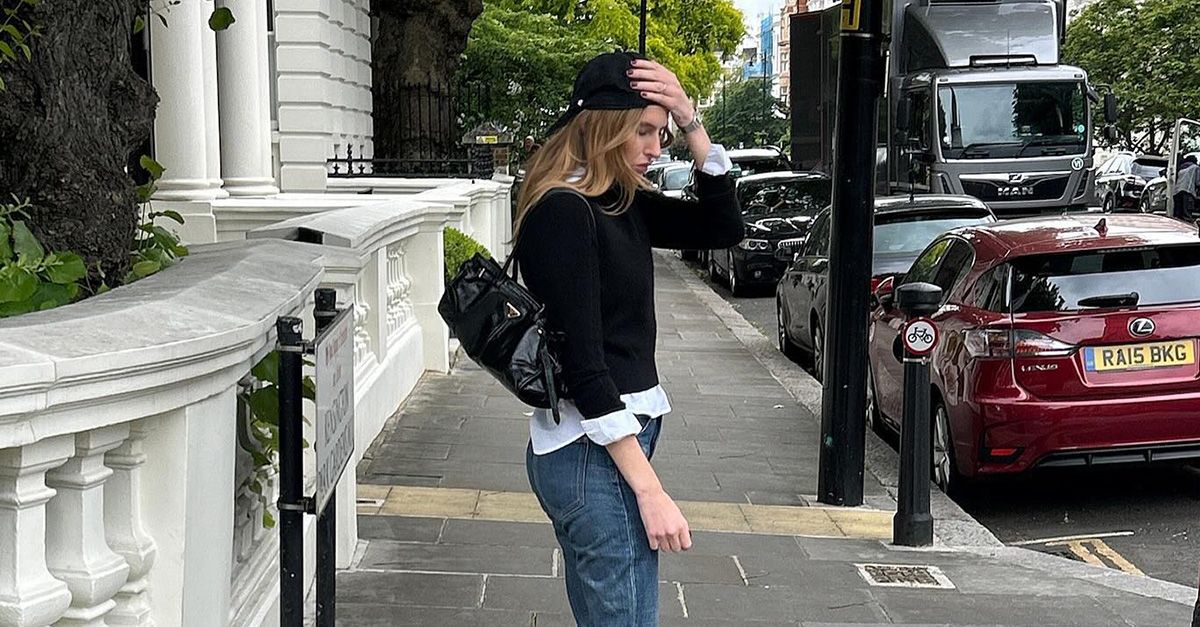
















![OneRepublic – Hurt (feat. Jelly Roll) [Official Music Video] OneRepublic – Hurt (feat. Jelly Roll) [Official Music Video]](https://i.ytimg.com/vi/pDrD73iohmA/maxresdefault.jpg)



